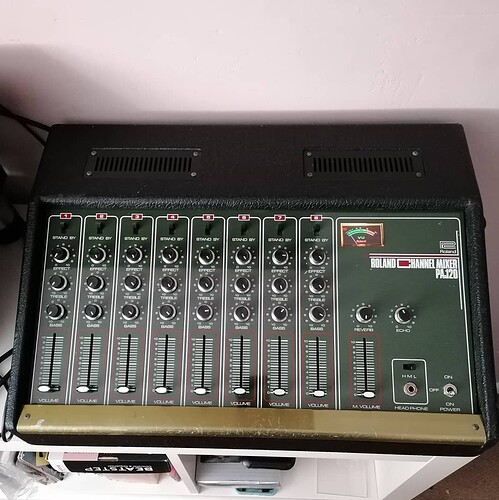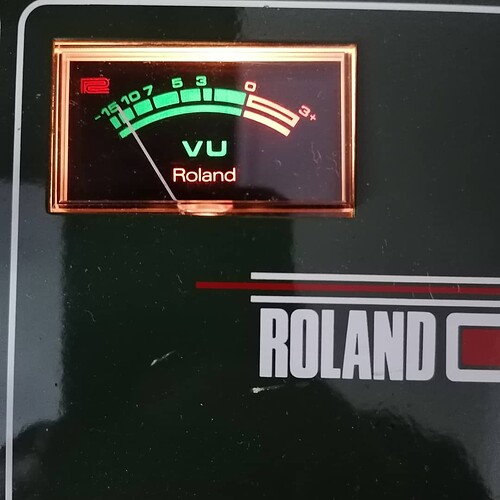Nice question and thread! I focus mainly on playing live, usually long sets, so most of my hardware choices have to fit in a list of requirements, as follows:
_Small and portable: I used to follow “the backpack rule” but now have switched to “the carry-on” rule cos I got tired of putting up with all the weight of machines and cables. Everything must fit in it.
_Buttons step sequencer: to me the 16 button step sequencer is the true electronic music instrument. As advanced as it could be, like Elektrons. I dont like button grids though, I prefer to keep it simpler and smaller. A s a rule break I have just gotten a Polyend Tracker, cos it is a very different paradigm. Testing its grounds for now.
_2 Sequencers: I need to have at least 2 hardware pieces that can sequence, preferably that also produce sound. As I consider a pattern a “song”, I need two to mix the previous pattern with the next one. Currently using Analog Rytm + Digitone. Of course I also use external synths (Virus, Nord, etc).
_Stereo Line In: All gear must be interconnectable through audio (and obviously MIDI). Effects like reverb or delay for the line in signal is a welcome plus. I usually just use 1 stereo channel from the stage or DJ booth mixer, so I have to mix all hardware internally in my set. And I dont like to haul mixers.
_Balance in controls design: I like knobs, I like buttons, and I like screens, so I like hardware that has a balanced quantity of these elements. Elektron does it very well. This is why I tried and sold the Circuit Tracks, restrained myself from buying the Deluge (that screen is almost nothing, and don’t like the buttons feedback).
_Low light visibility: Even though I use a smal USB lamp at my gigs, legibility is important in dark environments. Backlighted letterings are a plus. Also not too small type for my +40 unfocusing eyes!
_Pro level sound engines: I am very demanding when it comes to the quality of the sound and especially internal mixing of tracks or parts. Good sounding effects are also important.
_Multitrack USB straming or exporting: I create all the music on the hardware and then record performances into the computer to turn them into finished tracks. So I need to have as much discreet signals as possible.
_Well thought file management: Both internally and using complementary software, this is a topic on which many machines fail soundly. You have to be able to organize and backup all your work properly. A nice plus is an easy way to transfer samples to the machine (if it is a sample player).
_Last but not least, good customer support: OS upgrades, nice attention for solving issues, etc.
Things I don’t care about:
_Song mode
_Internal battery
_Keyboards (ugh)
_Low price (you can’t expect all of the above for little money)
_Sound presets
_Analog vs. Digital
_Metal or plastic bodies
_Sampling (sample playback yes of course)
Some concepts may be missing, will update if necessary.

